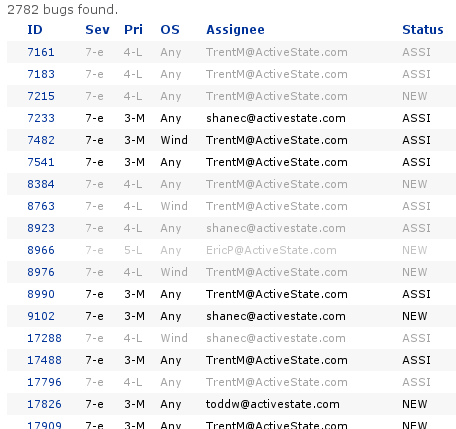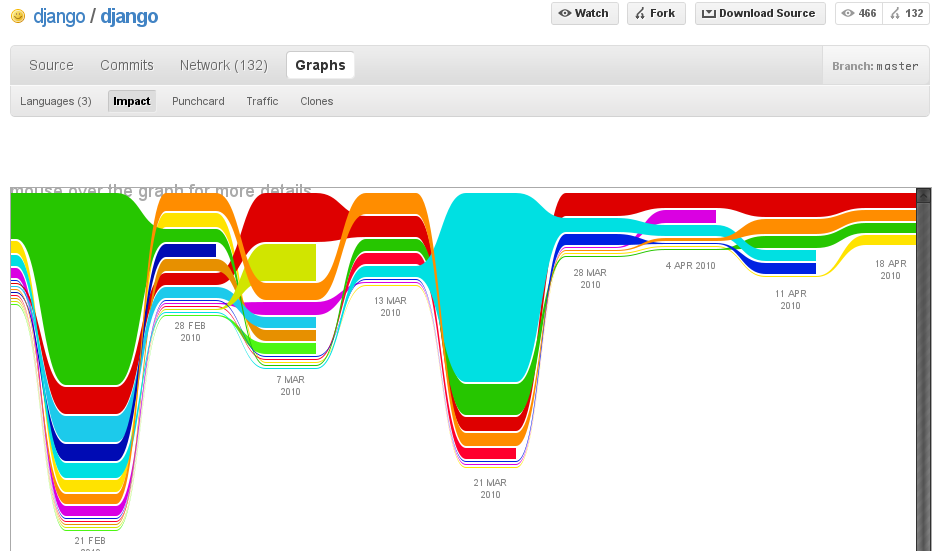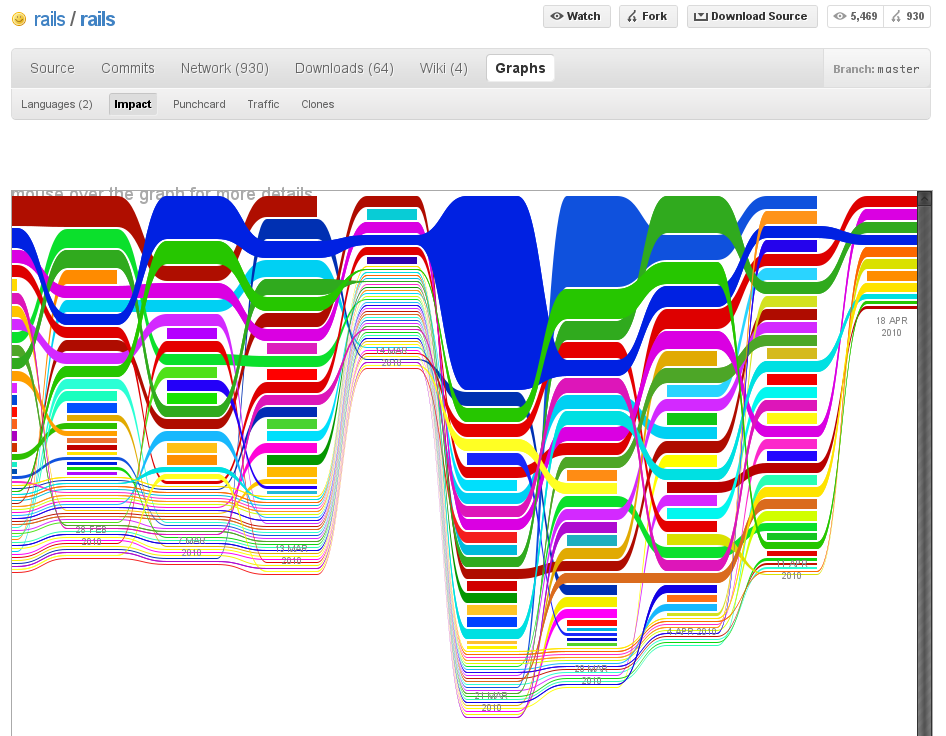Open-Source vs. Opened-Source
Increasingly, companies are starting to realize the benefits of open-source software. While you effectively lose the ability to sell the software itself, you get free fantastic testers, who will even sometimes contribute patches to fix issues that they discover. Any large OSS project has at least one person who has put tremendous effort into writing helpful documentation, too, which tends to be sorely lacking in proprietary systems.
I’ve noticed some companies attempt to tap into this without fulling understanding that open-source is not merely an issue of licensing, but a viewpoint, almost a development methodology in itself.
In most OSS projects, there is a leader (or a core team) who has to approve every change to the code. Aside from the benefits of inherent code review, this means that a sufficiently strong-willed leader can set strict rules (for instance, all changes to the API must be accompanied by a corresponding change in the documentation) that really, honest-to-goodness, must be followed for your code to make its way into the official version.
Developers who contribute to projects in their spare time tend to code a lot (and read lots of code from people much better than them!), so you also tend to get higher-quality code on average in OSS than from run-of-the-mill “software engineers”.
Anyways, in the past few years I’ve seen more projects “open-sourced”, with companies hoping to get the community to fix all the problems created by their crappy programmers.
As much as I love Komodo Edit, it is a perfect example of this. Although ActiveState tries to encourage community participation, every single open bug (and there are a lot!) is owned by a [email protected]. This is not the sign of a healthy community, and OpenKomodo has been around since 2007.

Take a look at something like Django or Rails, though:


Each of those different colors represents a different person making commits, with the size being directly related to the number of lines changed. This, my friends, is working open-source.
